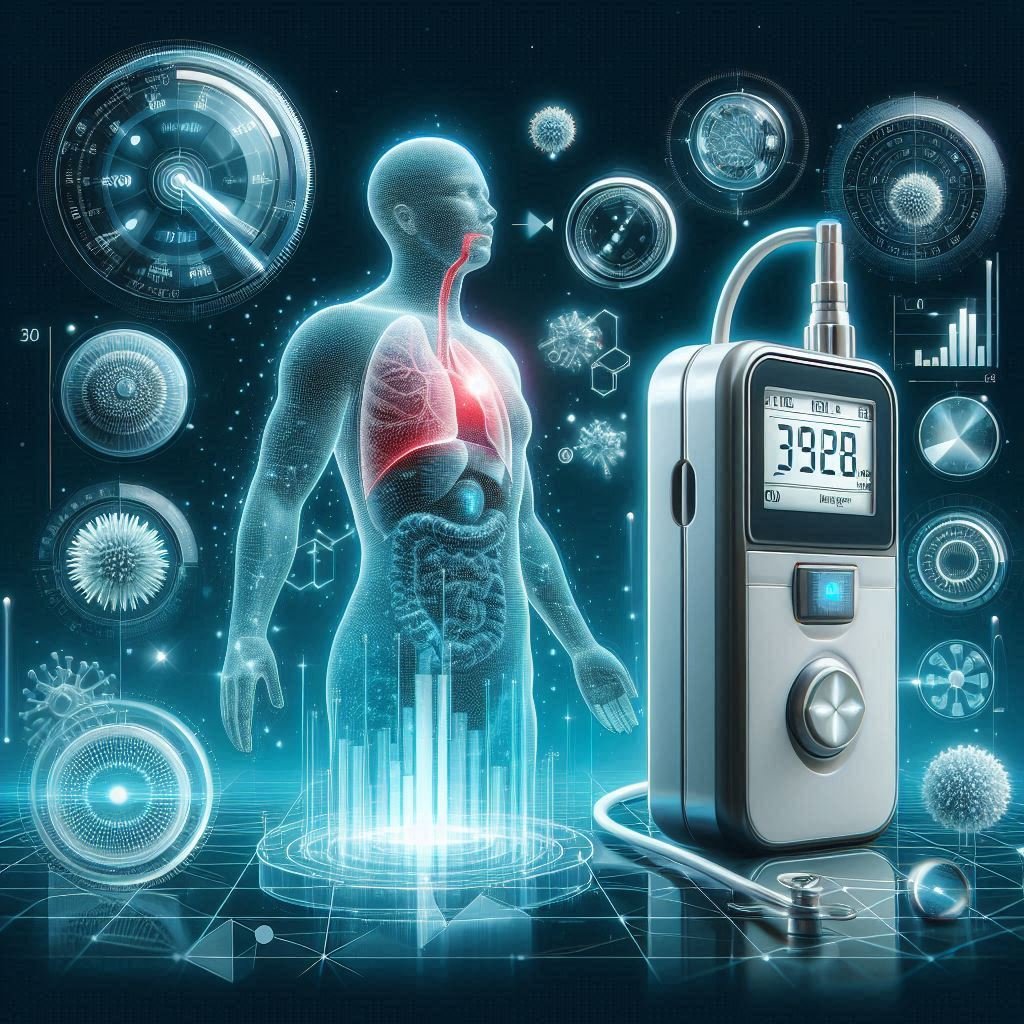PROSTATE CANCER: THE BURDEN OF MEN PART 5

According to a 1998 report, ” Prostate cancer is one of the most commonly diagnosed cancers among men in the United States, representing about 25% of all tumors”
As many as half of all men seventy years and older have latent prostate cancer, a silent form of cancer that is not yet causing discomfort.
Prostate cancer is not only extremely prevalent but also slow-growing.
Only 7% of diagnosed prostate cancer victims die within five years.
This makes it difficult to know how and if the cancer should be treated.
The main question for the patient and doctor is:
Will this cancer become life-threatening before death comes from other causes?
One of the markers used to determine the likelihood of prostate cancer becoming life-threatening is the blood level of prostate-specific antigen (PSA)
Have you done your PSA test?
Men are diagnosed as having prostate problems when their PSA levels are above four.
But this test alone is hardly a firm diagnosis of cancer, especially if the PSA level is barely above four.
The ambiguity of this test leads to some very difficult decision-making.
Occasionally my friends ask for my opinion. Should they have a little surgery or a lot?
Is a PSA of 6.0 a serious problem or just a wake-up call?
If it’s a wake-up call, then what must they do to reduce such a number?
While I cannot speak to the clinical condition of an individual, I can speak to the research, and of the research I have seen, there is no doubt that diet plays a key role in this disease.
Although there is debate regarding the specifics of the diet and this cancer, let’s start with some very safe assumptions that have long been accepted in the research community :
— Prostate cancer rates vary widely between different countries, even more than breast cancer.
— High prostate cancer rates primarily exist in societies with Western diets and lifestyles.
— In developing countries, men who adopt Western eating practices or move to Western countries suffer more prostate cancer.
These disease patterns are similar to those of other diseases of affluence.
Mostly this tells us that although prostate cancer certainly has a genetic component, environmental factors play the dominant role.
So what environmental factors are important?
You can guess that I’m going to say plant-based foods are good and animal-based foods are bad, but do we know anything more specific?
Surprisingly, one of the most consistent, specific links between diet and prostate cancer has been dairy consumption.
A 2001 Harvard review of the research could hardly be more convincing :
” Twelve of… Fourteen case-control studies and seven of… Nine cohort studies have observed a positive association for some measure of dairy products and prostate cancer” :
This is one of the most consistent dietary predictors of prostate cancer in the published literature.
In these studies, men with the highest diary intakes had approximately double the risk of total prostate cancer, and up to a fourfold increase in risk of metastatic or fatal prostate cancer relative to low consumers.
Let’s consider that again :
Diary intake is ” one of the most consistent dietary predictors for prostate cancer in the published literature “, and those who consume the most dairy have double to quadruple the risk.
Let’s be clear, what do we mean by dairy products?
It simply means cow milk and its products.
Another review of published literature done in 1998 reached a similar conclusion :
” In ecologic data, a correlation exists between per capita meat and dairy consumption and prostate cancer mortality rate (one study cited)
In case-control and prospective studies, the major contributors of animal protein, meat, dairy products, and eggs have frequently been associated with a high risk of prostate cancer…. (twenty-three studies cited)
Of note, numerous studies have found an association primarily in older men(six studies cited) though not all(one study cited)…. The consistent association with dairy products could result from, at least, their calcium and phosphorus content.
In other words, an enormous body of evidence shows that animal-based foods are associated with prostate cancer.
In the case of dairy, the high intake of calcium and phosphorus also could be partly responsible for this effect.
This research leaves little room for dissent, each of the above studies represents analyses of over a dozen individual studies, providing 7I know that many still have some doubts about the veracity of these results.
There is more :
My next article will articulate and show you in real time, the mechanism of action.
That’s the scientific evidence of the mechanism of the association between prostate cancer and dairy products.
If you are a man, if you have a husband, if you have a son or a brother:
This next article could mean an amazing life even in old age,
Or in the words of one lady,
“my father cried himself to death, because of the pains of prostate cancer “.
You can actually dodge the “bullet “of prostate cancer with the knowledge that is coming your way with scientific evidence





Responses